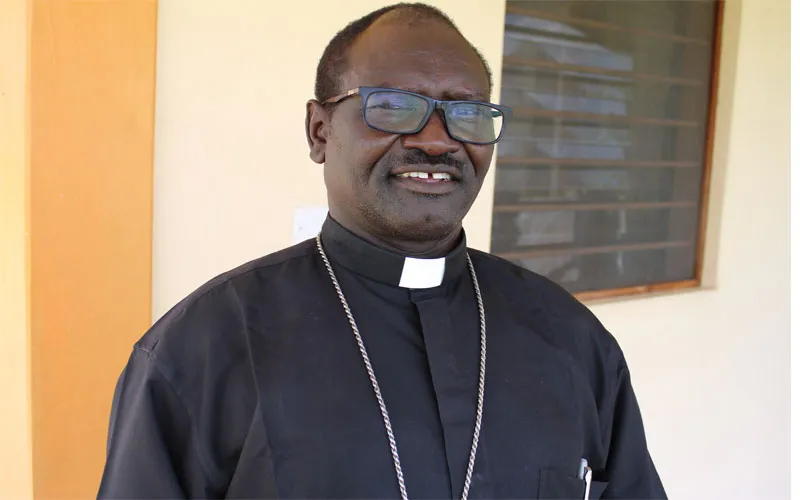He expressed hope for more positive changes occasioned by peace efforts.
“I hope with peace there will be some changes otherwise revolution has not achieved its goal without peace,” Bishop Trille told ACI Africa in Juba where he is participating in the Plenary Assembly of Sudan Catholic Bishops’ Conference (SCBC) that brings together heads of dioceses in Sudan and South Sudan.
The new leaders of the transitional government in Sudan took oath of office on August 21, 2019 against a backdrop of human rights abuses, which included attacks on demonstrators following the April 2019 ouster of Omar al-Bashir, the country’s president for 30 years.
From the onset, these new leaders were expected to record progress through a reform agenda, with the Associate Africa Director at Human Rights Watch, Jehanne Henry having been quoted as saying, “As Sudan’s leaders embark on long-overdue critical reforms, they should ensure justice to fulfill the promise for a transition to a state based on human rights and rule of law ... To ensure progress, they should set goals and benchmarks, including for accountability for serious abuses, just as the protesters demanded.”
While Bishop Trille acknowledged the positive changes manifested in freedom of expression and relative peace, he noted a degree of stagnation with regard to economic progress, a phenomenon that triggered protests in various cities across Sudan in mid-December 2018 when citizens objected to increases in prices and called on their then President al-Bashir to relinquish office.
With the new transitional government in place in Africa’s third largest country, people are still finding it hard to make ends meet with the new Prime Minister, Abdulla Hamdok facing the daunting task of reviving an economy that has been on a downward trend for some decades, including a significant foreign debt and unemployment.
According to Bishop Trille, “Prices are still high, the availability of food and fuel is still a problem” in Sudan, whose economy has over the years been driven by the oil sector and suffered two thirds of its oil revenue after the 2011 secession of South Sudan.
According to the 2019 Economic Freedom Index report on Sudan, “poor governance, weak rule of law, rigid labor markets, and an inefficient regulatory regime have impeded economic diversification and created a large informal economy.”
Bishop Trille noted lack of progress in having the Church reclaim confiscated property saying, “Many of our properties that have been occupied by the former government’s security wings are still in the hands of the government, the police, they are not yet brought to us.”
He disclosed, “We have movable properties even houses that were occupied especially by dioceses – houses, vehicles are occupied by the government, the security wings are still having them.”








